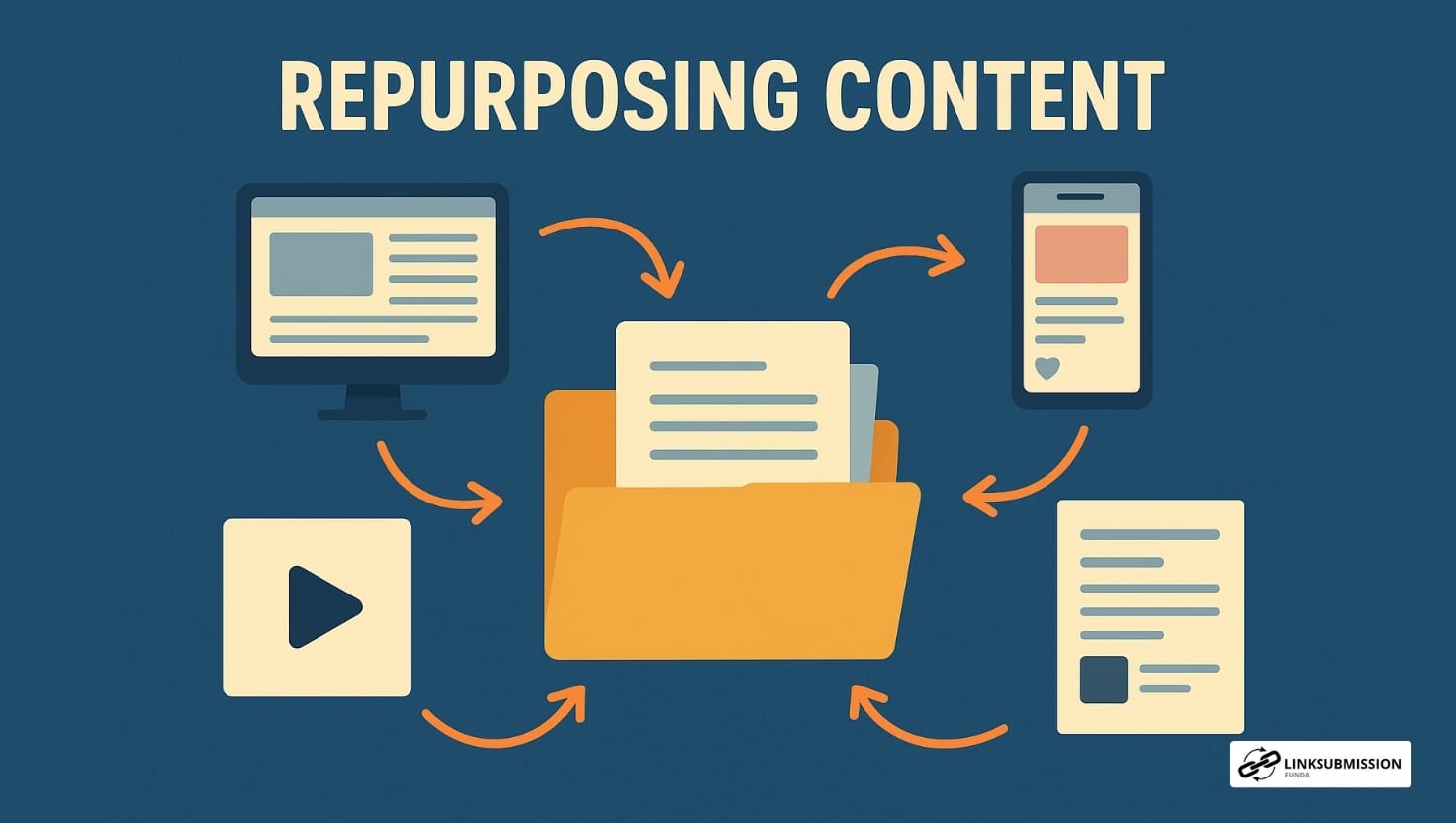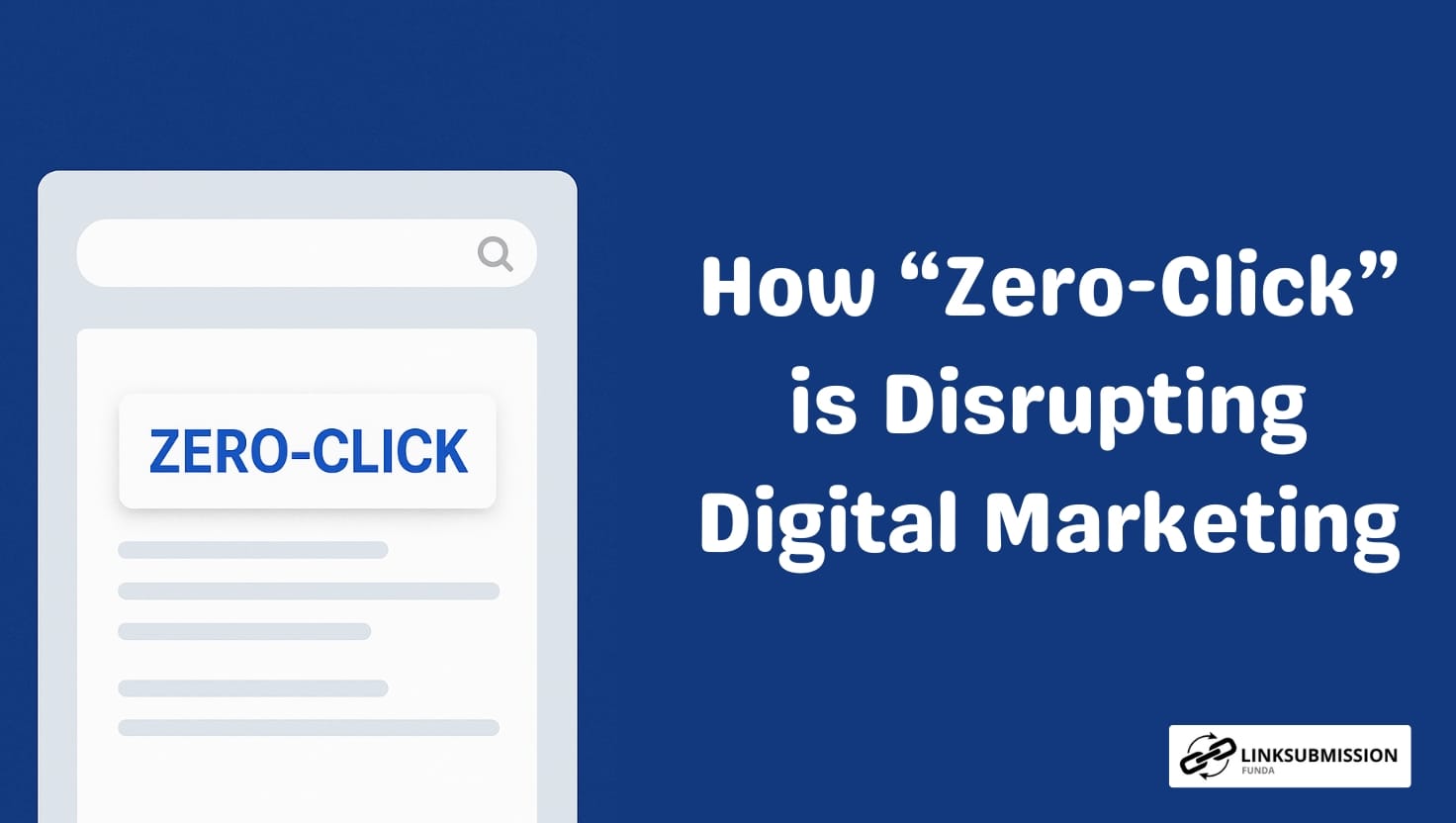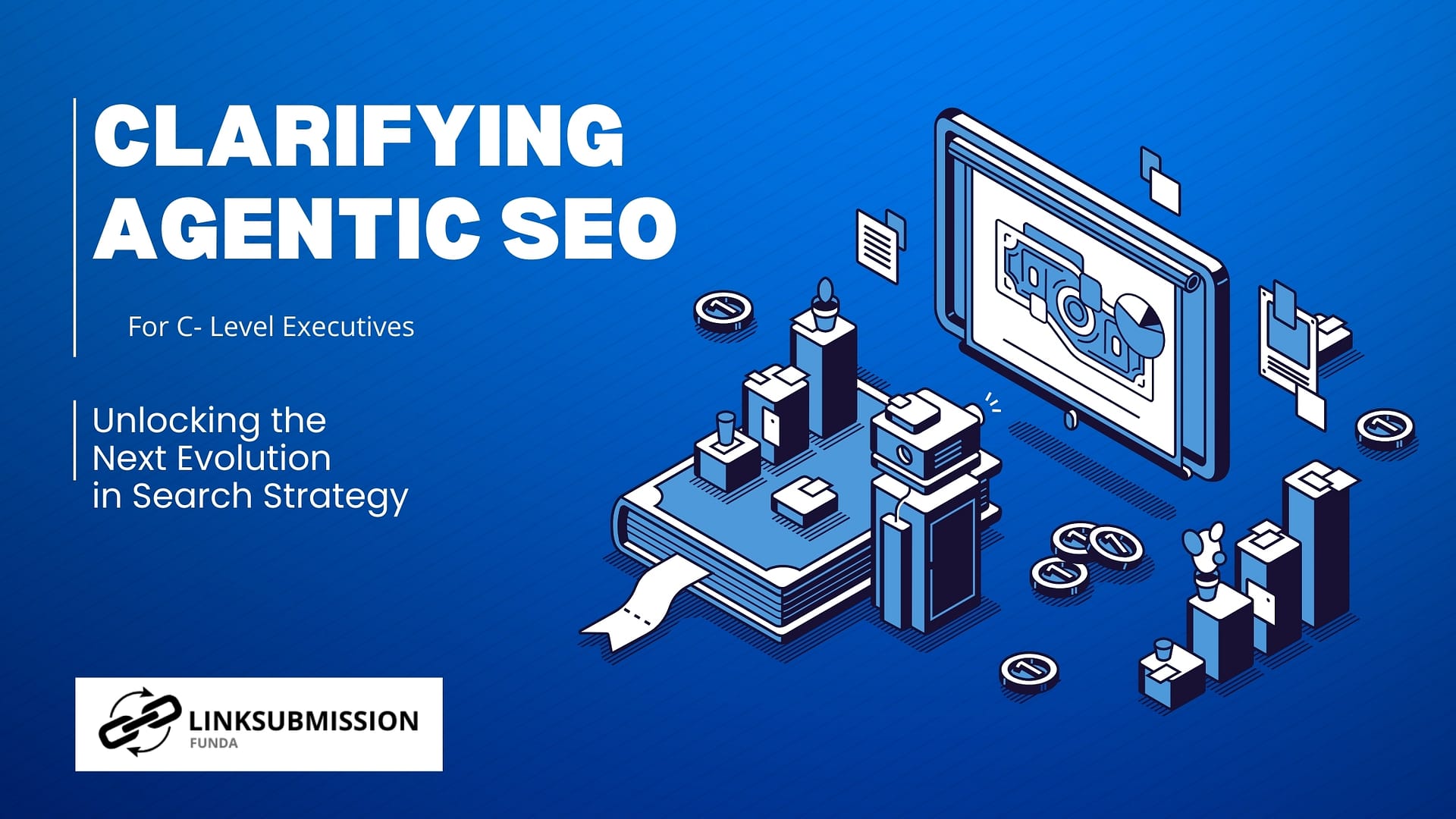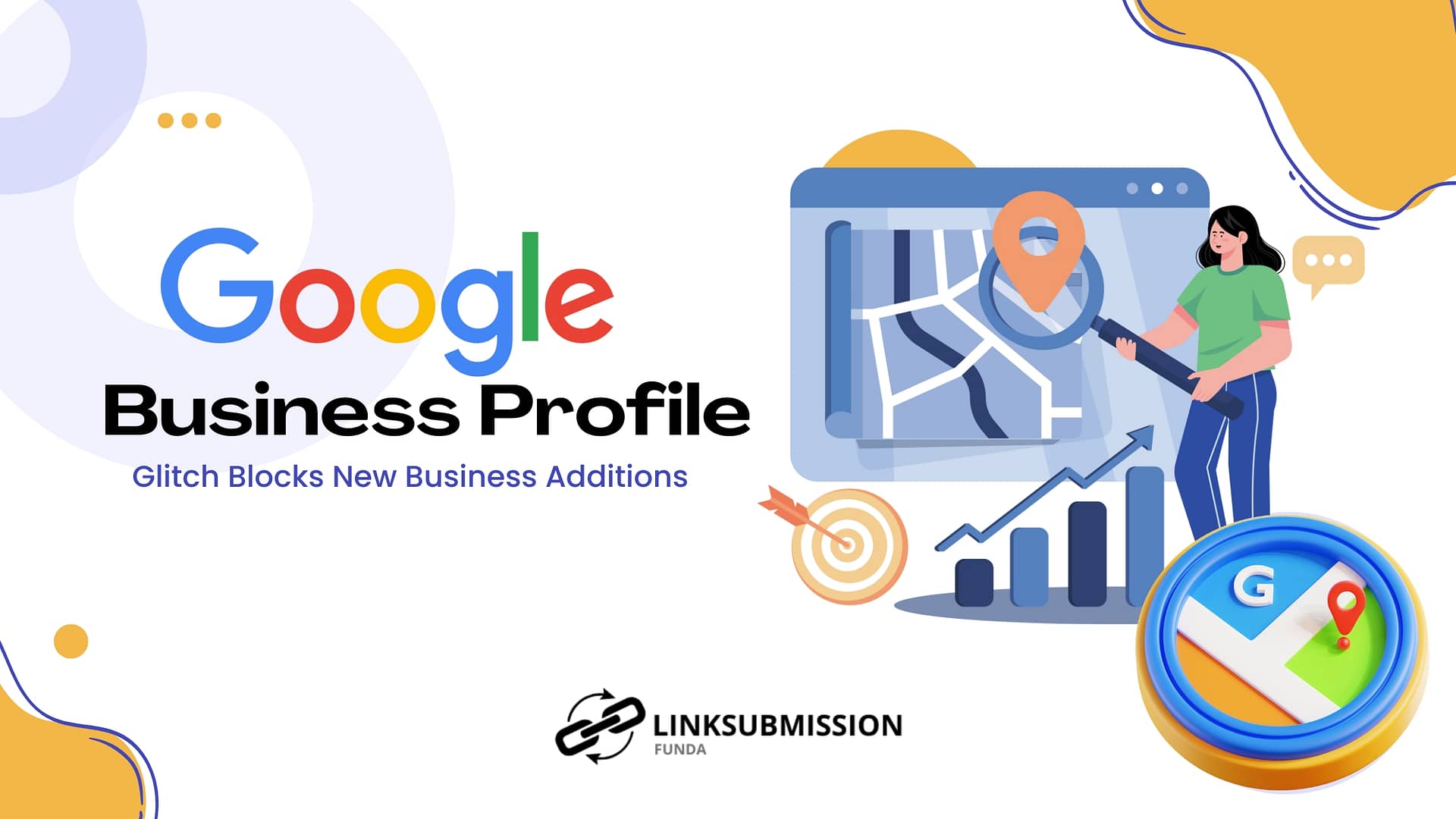Imagine this — your ad campaign that once drove clicks and conversions suddenly starts underperforming. The CTR drops, CPC rises, and engagement fizzles out. You haven’t changed the budget, the targeting seems fine, yet something feels off.
You’re likely facing creative fatigue — a subtle yet deadly phenomenon where your audience simply gets tired of seeing the same ad. It’s not that your product lost appeal; it’s that your ad stopped sparking interest.
In today’s fast-scrolling digital world, even the most eye-catching creatives have a short shelf life. Recognizing and combating ad fatigue early can save your campaigns from crashing and your budget from burning.
What Exactly Is Creative Fatigue?
Creative fatigue occurs when your audience sees your ad too many times, leading to a decrease in engagement, conversions, and overall campaign performance.
Essentially, the novelty wears off. The same design, copy, or call-to-action no longer grabs attention — it becomes digital wallpaper.
Your ad stops inspiring action because users have seen it, ignored it, and moved on.
How to Spot Creative Fatigue Before It’s Too Late
The key to saving a dying campaign lies in recognition. Here’s how you can detect ad fatigue early:
1. Declining CTR (Click-Through Rate)
If your CTR steadily drops over time, it’s a classic symptom. Your audience has grown bored of your creativity, even if your targeting remains accurate.
2. Rising CPM or CPC
Platforms like Meta, Google, or LinkedIn will charge more when engagement falls. Low relevance equals higher costs — a red flag that your ad isn’t connecting anymore.
3. Lower Conversion Rates
When people stop converting despite consistent impressions, it’s not your landing page’s fault — it’s your ad failing to motivate them.
4. Increased Frequency
If your ad frequency crosses 3–5 views per user, chances are you’re showing the same creative too often. At that point, irritation replaces interest.
5. Engagement Drop on Social Platforms
Watch for fewer likes, comments, and shares. These drops often happen before CTR declines, acting as early warning signs.
Why Creative Fatigue Happens
- Repetitive Visuals and Messaging: The same design and copy used across all channels cause instant overexposure.
- Limited Audience Pool: Narrow targeting leads to ad saturation within a small group of people.
- Neglected Refresh Cycles: When creatives aren’t updated frequently, the campaign loses freshness.
- Algorithm Burnout: Ad platforms naturally deprioritize creatives with low engagement, reducing reach over time.
How to Beat Creative Fatigue and Keep Your Ads Fresh
Stopping ad fatigue isn’t about luck — it’s about strategy, testing, and timing. Here’s how to stay ahead of it:
1. Rotate Creatives Regularly
Even great ads lose power over time. Plan to refresh visuals and messaging every 2–4 weeks depending on your ad spend and reach.
2. Test Multiple Variations
Use A/B testing to compare headlines, colors, calls-to-action, or formats. This gives you insights into what resonates best and prevents reliance on a single creative.
3. Segment Your Audience
Tailor creatives to different audience segments. A personalized message feels fresh longer than a one-size-fits-all approach.
4. Experiment with Formats
If static images are fading, try short-form videos, carousels, or reels. Motion and storytelling re-engage tired audiences.
5. Refresh Copy and Tone
Sometimes, a small tweak — changing the headline or tone — can revive performance without a full redesign.
6. Keep an Eye on Frequency Metrics
Platforms like Meta Ads Manager or Google Ads show how often users see your ad. Cap frequency and rotate creatives once engagement drops.
7. Leverage Seasonal and Emotional Themes
Tie your ads to current events, seasons, or relatable emotions. People engage more when ads feel timely and relevant.
Creative Refresh Checklist
Here’s a quick audit to ensure your ad creatives stay sharp:
- Unique and scroll-stopping visual
- Strong, concise headline
- Emotion-driven message or hook
- Updated CTA that fits the campaign goal
- Consistent brand tone, but varied presentation
- Optimized for mobile-first viewing
The Long-Term Fix: Build a Creative Testing System
Creative fatigue is inevitable — but predictable. The best-performing marketers don’t just react; they plan for it.
Build a structured system for:
- Creative testing and rotation schedules
- Performance benchmarks (CTR, CPA, engagement rates)
- Data-driven refresh decisions
By combining analytics with creativity, you can prevent fatigue before it hurts your ROI.
Conclusion: Keep Your Ads Alive and Thriving
Ad fatigue doesn’t mean your campaign failed — it means your audience evolved. The digital world moves fast, and so should your creatives.
By spotting early warning signs, refreshing consistently, and experimenting boldly, you can keep your ads performing at their best.
Remember — great marketing isn’t just about what you say; it’s about how long people keep listening.





